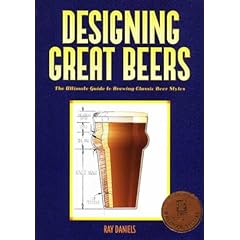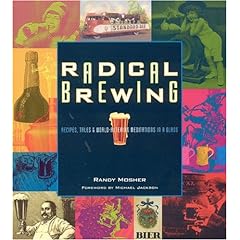Go Gators
Well-Known Member
Hey y'all. I am thinking about taking my brewing experience to the next level, and start creating my own recipes. I am currently doing extract brews, but have been encouraged to go all grain. SWMBO is actually the one pushing for me to start tinkering with my own ideas even make the move to all grain (even though she isn't too happy with more brew stuff around the apartment). I have just started the howtobrew online book, and have read a few other books.
I guess what I am really getting at, is where do I start? Any input would be greatly appreciated.
I guess what I am really getting at, is where do I start? Any input would be greatly appreciated.





 :rockin:
:rockin: :cross:
:cross: